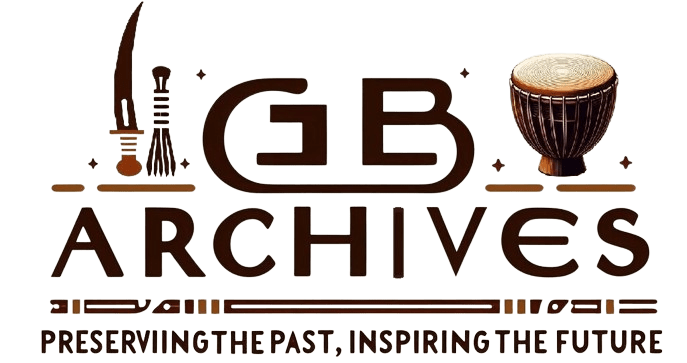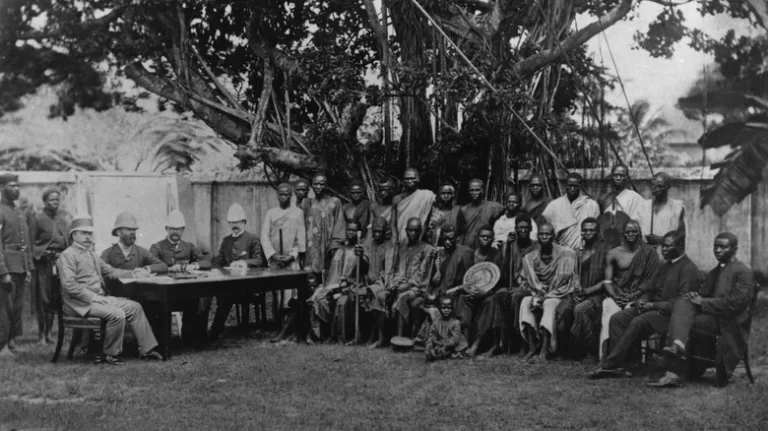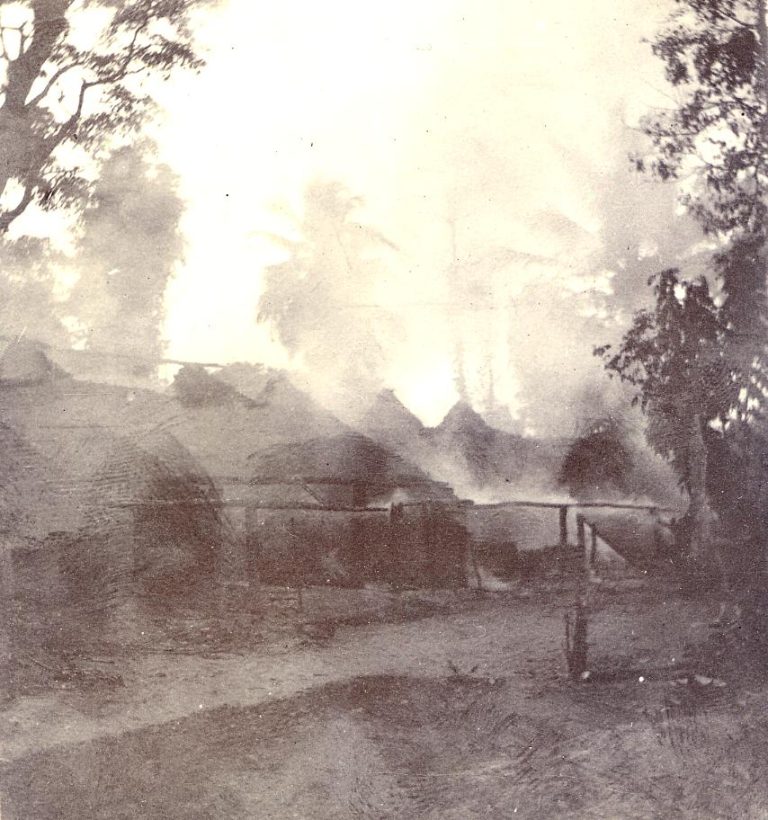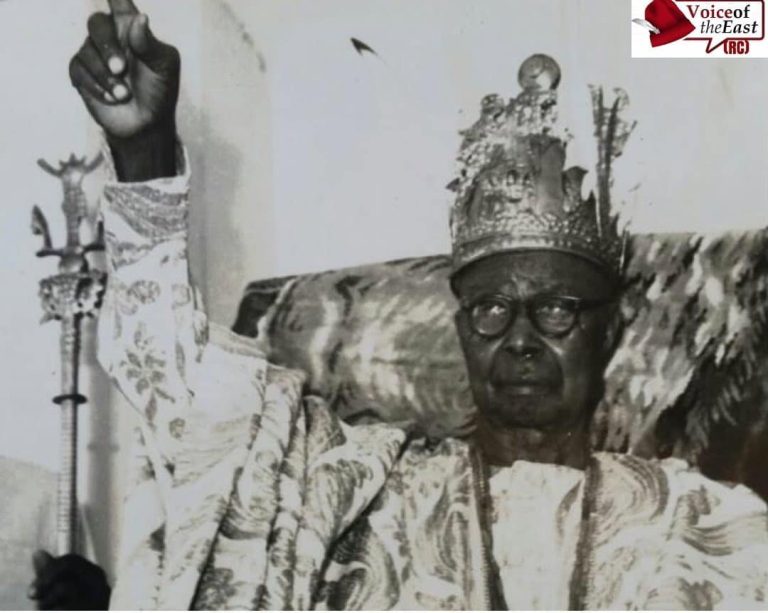Northcote Whitridge Thomas, an anthropologist appointed by the British government, embarked on a series of ethnographic expeditions in Nigeria from 1909 to 1915. His work, particularly among the Igbo people, left a lasting impact on the study of African cultures. However, his legacy is intertwined with both significant contributions and considerable controversies.
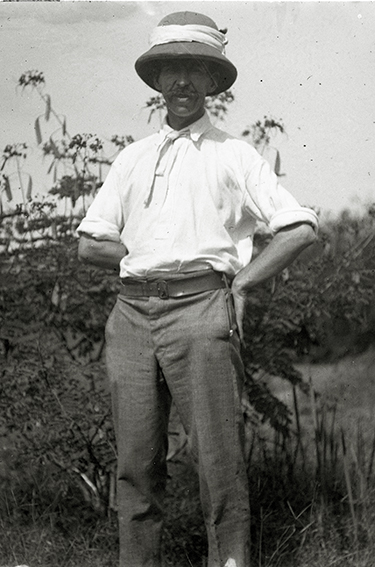
Northcote Thomas’s Contributions to Anthropology
Ethnographic Expeditions
Thomas’s expeditions were pioneering for their time. As the first government anthropologist in Nigeria, he was tasked with documenting the cultures of the region. His work covered a wide range of Igbo territories, including present-day Anambra and Enugu states. Thomas’s detailed records included descriptions of social structures, religious practices, and daily life among the Igbo.
Documentation of Igbo Culture
Thomas utilized a variety of methods to document Igbo culture. He was one of the first to use photography extensively in his fieldwork, capturing images of people, ceremonies, and artifacts. These photographs remain valuable visual records of early 20th-century Igbo life. Additionally, Thomas made phonographic recordings of Igbo language and music, preserving oral traditions and linguistic nuances that might have otherwise been lost.
Linguistic Studies
One of Thomas’s significant contributions was his work on the Igbo language. He compiled extensive vocabulary lists and grammatical notes, which have been crucial for later linguistic studies. His efforts in documenting different dialects helped preserve linguistic diversity and provided a foundation for future research on the Igbo language.
Preservation of Igbo Art and Craft
Thomas was meticulous in documenting Igbo art and craft. He collected artifacts, recorded techniques, and took detailed notes on the cultural significance of various art forms. His collection includes masks, sculptures, and textiles, which are now housed in museums like the British Museum. These records provide insights into traditional Igbo craftsmanship and aesthetic principles.
The Impact of Northcote Thomas’s Work
Influence on Modern Igbo Studies
Thomas’s work has had a profound influence on modern studies of Igbo culture and history. His detailed ethnographic records have been invaluable to researchers seeking to understand pre-colonial Igbo society. By providing a snapshot of Igbo life during a time of significant change, Thomas’s work helps contextualize contemporary cultural practices and social structures.
Legacy in Ethnographic Research
Thomas’s methodologies set a precedent for ethnographic research in Africa. His use of photography, phonography, and systematic note-taking has influenced subsequent generations of anthropologists. His approach demonstrated the importance of combining visual and auditory documentation with written records to create a comprehensive ethnographic archive.
Controversies Surrounding Northcote Thomas’s Work
Ethical Concerns
While Thomas’s contributions to anthropology are undeniable, his work is not without ethical concerns. As a colonial official, his research was conducted within the framework of British colonial interests. This raises questions about the objectivity and motivations behind his work. Critics argue that his position as a government anthropologist meant his findings were influenced by colonial agendas, potentially skewing his portrayal of Igbo culture.
Criticisms from Contemporary Scholars
Contemporary scholars have criticized Thomas’s work for its lack of cultural sensitivity and depth. Some argue that his outsider perspective limited his understanding of the complexities of Igbo society. Additionally, there are concerns about the accuracy of his translations and interpretations of Igbo language and customs. These criticisms highlight the importance of incorporating indigenous perspectives in anthropological research.
Cultural Sensitivity
Thomas’s documentation methods, particularly his collection of artifacts and photographs, have also been scrutinized for their cultural sensitivity. The removal of sacred objects and the photographing of private ceremonies without proper consent have been points of contention. Modern anthropologists emphasize the need for ethical standards that respect the cultural values and autonomy of the communities being studied.
Revisiting Thomas’s Work in Modern Times
Re-evaluation of His Contributions
Modern researchers continue to re-evaluate Thomas’s work, acknowledging both its contributions and limitations. His records provide a valuable historical baseline, but contemporary studies seek to address the gaps and biases in his documentation. By re-examining Thomas’s work through a critical lens, scholars aim to create a more nuanced understanding of Igbo culture.
Incorporation of Indigenous Perspectives
Efforts to incorporate indigenous perspectives into the interpretation of Thomas’s findings are crucial for a balanced view of his legacy. Collaborations between Western researchers and Igbo scholars help bridge the gap between historical records and contemporary cultural realities. This approach ensures that the voices and experiences of the Igbo people are central to the narrative.
Conclusion
Northcote Thomas’s legacy in the field of anthropology is a complex one. His pioneering work provided invaluable documentation of Igbo culture, but it is also marked by the ethical and cultural challenges inherent in colonial-era research. As we revisit and re-evaluate his contributions, it is essential to balance recognition of his achievements with a critical examination of his methods and motivations. By doing so, we can ensure a more comprehensive and respectful understanding of Igbo heritage.
We invite you to share your thoughts on Northcote Thomas’s legacy. How do you think his work has impacted the understanding of Igbo culture? What are your views on the controversies surrounding his research?
References
- Northcote W. Thomas and his Collection | Museum of Archaeology and Anthropology
- N.W. Thomas and colonial anthropology in British West Africa: reappraising a cautionary tale
- Northcote W. Thomas – Wikipedia
- Re-mobilising Colonial Collections in Decolonial Times: Exploring the Latent Possibilities of N. W. Thomas’s West African Collections
- From Africa to Peckham: how we decolonise culture by rehumanising people
- Rediscovering Northcote Thomas’s artefact collections
- Indigenous Knowledge and Perspectives | SpringerLink
- A Multi-Perspective Reflection on How Indigenous Knowledge and Related Ideas Can Improve Science Education for Sustainability
- Indigenous Peoples’ Perspectives | Encyclopedia.com
Explore Further
Anthropological Report On The Ibo-speaking Peoples Of Nigeria, Part 6 by Northcote Whitridge Thomas. This book provides a detailed account of Thomas’s ethnographic work among the Igbo people, offering insights into their social structures, customs, and traditions. This book serves as a valuable resource for anyone interested in studying the history and culture of the Igbo.
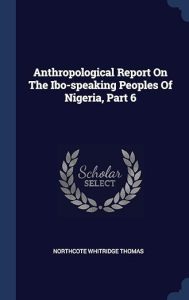 Recommended Books
Recommended BooksTitle: Anthropological Report On The Ibo-speaking Peoples Of Nigeria, Part 6Author: Northcote Whitridge ThomasPublisher: Sagwan PressPublication Date: August 26, 2015Format: HardcoverPages: 138ISBN-10: 1340440644ISBN-13: 978-1340440640Language: English Overview “Anthropological Report On The Ibo-speaking Peoples Of Nigeria, Part 6” by Northcote Whitridge Thomas is a significant scholarly work that delves into the intricate details of the Igbo-speaking peoples […]
Discover more from Igbo Archives
Subscribe to get the latest posts sent to your email.
